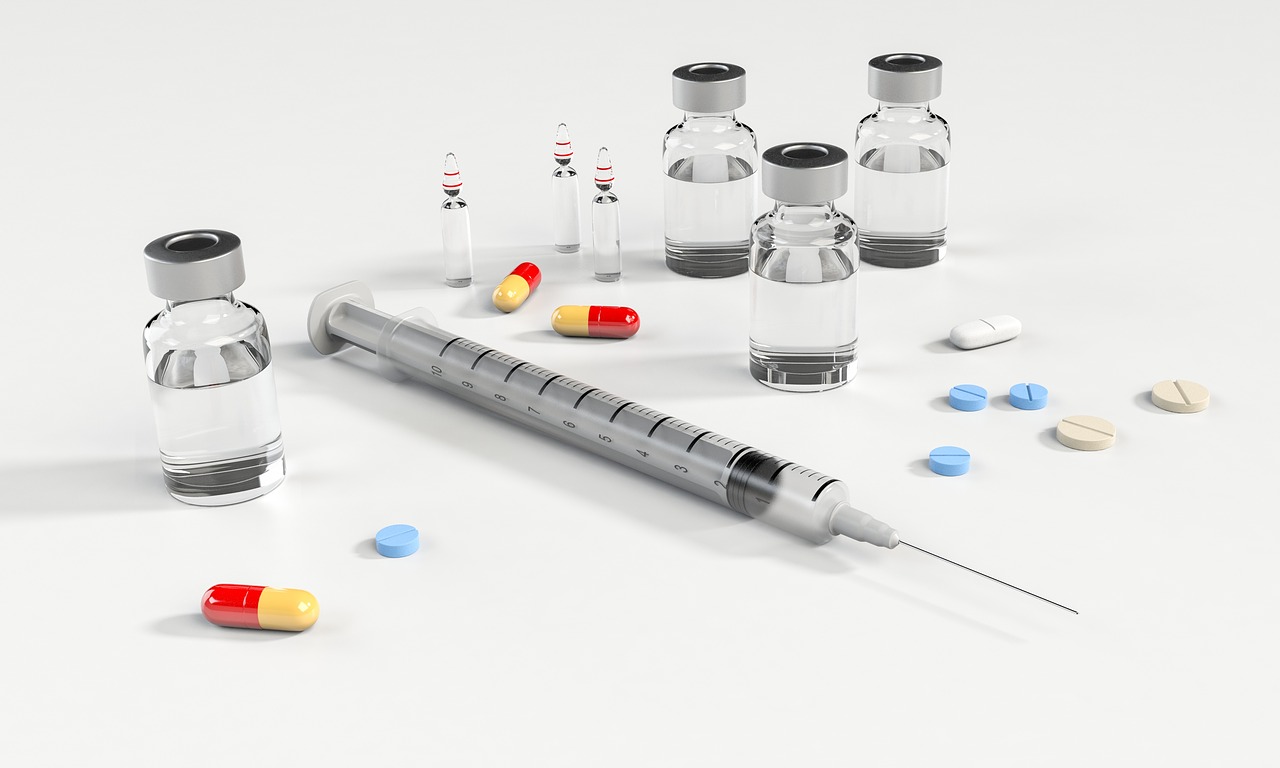As the world copes with the COVID-19 health crisis, governments’ initial responses have been rapid in rushing to guarantee citizens of their health, well-being and safety.
We have witnessed quick measures through lockdowns to stem the spread of the virus through shutdown of schools and business operations affecting the daily life of every citizen.
These unprecedented times have also been quick on exposing the loopholes in global healthcare systems and their unpreparedness in dealing with pandemics. Some unfortunately are on the brink of collapse due to the escalating numbers.
Emergency COVID-19 procurement
Demand for urgent medical care equipment has also gone up. Philanthropists such as Jack Ma through his foundations: Jack Ma and Alibaba foundations have been gracious enough to donate critical care equipment such as diagnostic testing kits and infection prevention and control commodities.
But even as cash flows are urgently on the run as countries rush to deal with positive cases now at 414,179 (as of March 26 2020), supply chains have hugely been disrupted leading to a high demand cycle for medical goods and services and a cash crunch for most companies unable to deal with the crisis.
Emergency procurement has been imminent during this crisis and Kenya just as many other countries will be soon scouring to purchase more equipment to cope with the rising statistics now at 31 cases.
Procurement is a make or break determinant during humanitarian crises that call for emergency supply of medicines and health equipment. Procurement in the health sector has often proven to be a struggle especially when it comes to issues of transparency and accountability. In fact, Transparency International in its 2017 report: Making the case for open contracting in Healthcare Procurement indicated that 28 per cent of the health corruption cases in the European Union are related to procurement of health equipment.
Closer home in Kenya, in 2018, the Ethics and Anti Corruption Commission revealed malpractice and corruption in the procurement of medical supplies citing inflated costs from pharmaceutical agencies to hospitals.
The struggle for transparency in health contracts
While we welcome the Kenyan government’s quick response measures in promoting the well being of all citizens, its important to sustain the efficiency of the whole process by maintaining all standards of integrity especially when it comes to procurement of medical supplies and equipment.
The World Bank’s announcement to give the Kenyan government USD 60 million to combat the pandemic will play a critical part for the government to enhance trust through its constitutional mandate (Article 43 of the constitution of Kenya) of ensuring all citizens are protected during this crisis and enjoy their right to health.
Responses to shortages of medicine and protective equipment needed during these times through procurement must be open, transparent and accountable. The government must cushion itself against suppliers that gouge the prices of medical supplies to make a killing.
A few steps can go a long way in mitigating these risks – as procurement the nerve of effective governance through performing public institutions has often been susceptible to corruption.
Open contracting as a force
First, transparency in all procurement processes during this crisis must not be compromised at all needless of the nature of urgent purchase of medical care equipment. Countries like Ukraine – that has since reformed its procurement system thanks to a collaboration with the civil society and private sector- has been quick to publish the procurement of all its medical infrastructure needed to respond to COVID-19. This will go a long way in not only ensuring accountable procurement but also avoiding corruption loopholes that might deny citizens urgent health care. Kenya’s procurement related responses to COVID19 can also hugely benefit from such approaches.
Second, it’s important to ensure a level playing field in the procurement bidding process. Big corporations and companies that traditionally dominate and win tenders in the health sector should not trample smaller businesses from marginalized communities that can equally compete and also provide similar goods and services. While the argument at this time may be that the threshold of healthcare equipment is quite high locking out competition, critical care must be put in ensuring that the process is inclusive enough to enable all businesses have fair opportunities in competing and doing business with government. Kenya’s affirmative action Access to Government Opportunities (AGPO) speaks to this.
Lastly, approaches such as open contracting can certainly aid in providing reliable, real-time and user-friendly procurement data that can tighten compliance in the purchase of emergency medical goods and services for COVID-19. In countries such as Colombia, open contracting has been lauded as a game changer in transforming a school feeding program by delivering quality and nutritious meals to school-going children. Kenya’s Makueni County has been on the frontline of setting the pace in efficient procurement systems by adopting open contracting. All this has been possible by publishing the full procurement cycle of contracts from the planning, award and termination stages for public scrutiny and to ensure money is utilized efficiently.
It is true that COVID-19 has taken the world by a storm, however integrity in emergency response avenues such as procurement can also be a force in containing and arresting its spread.




